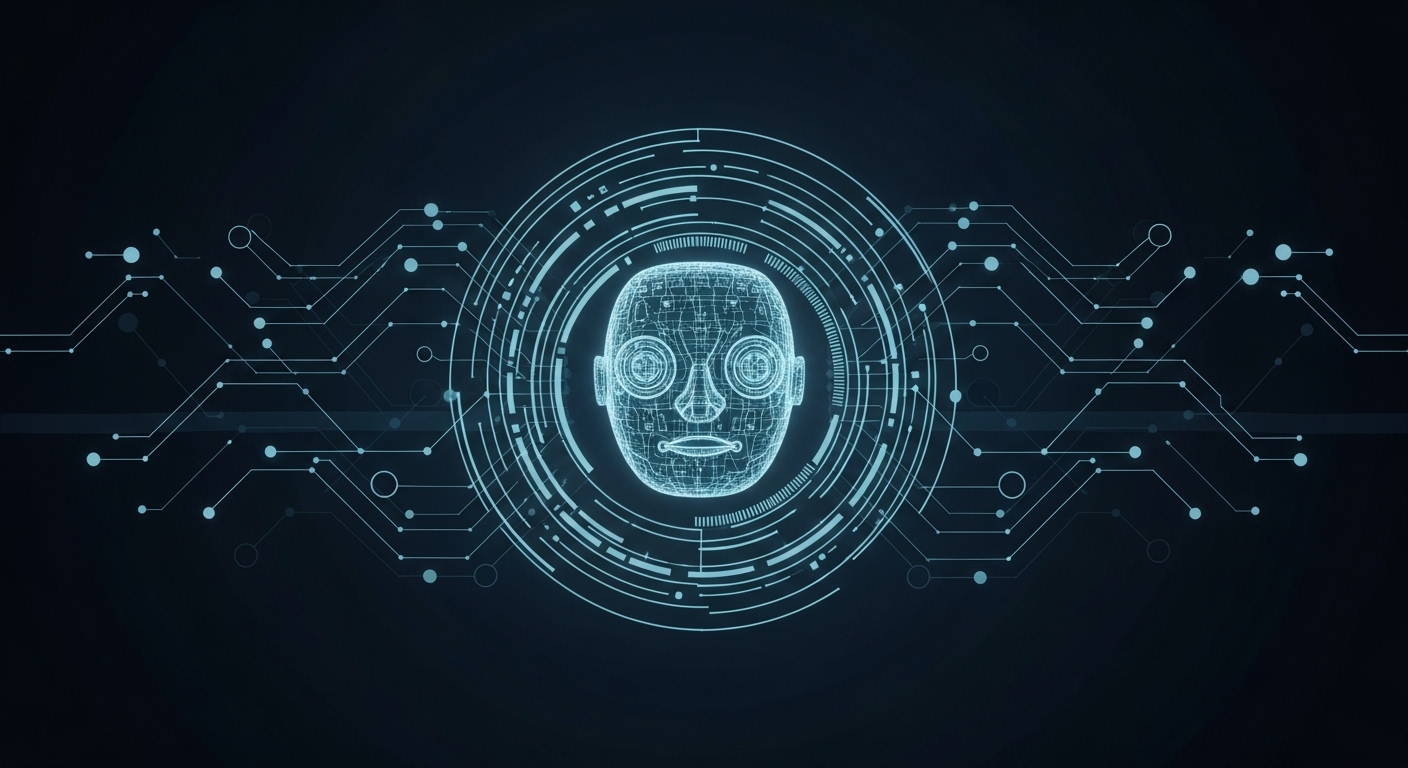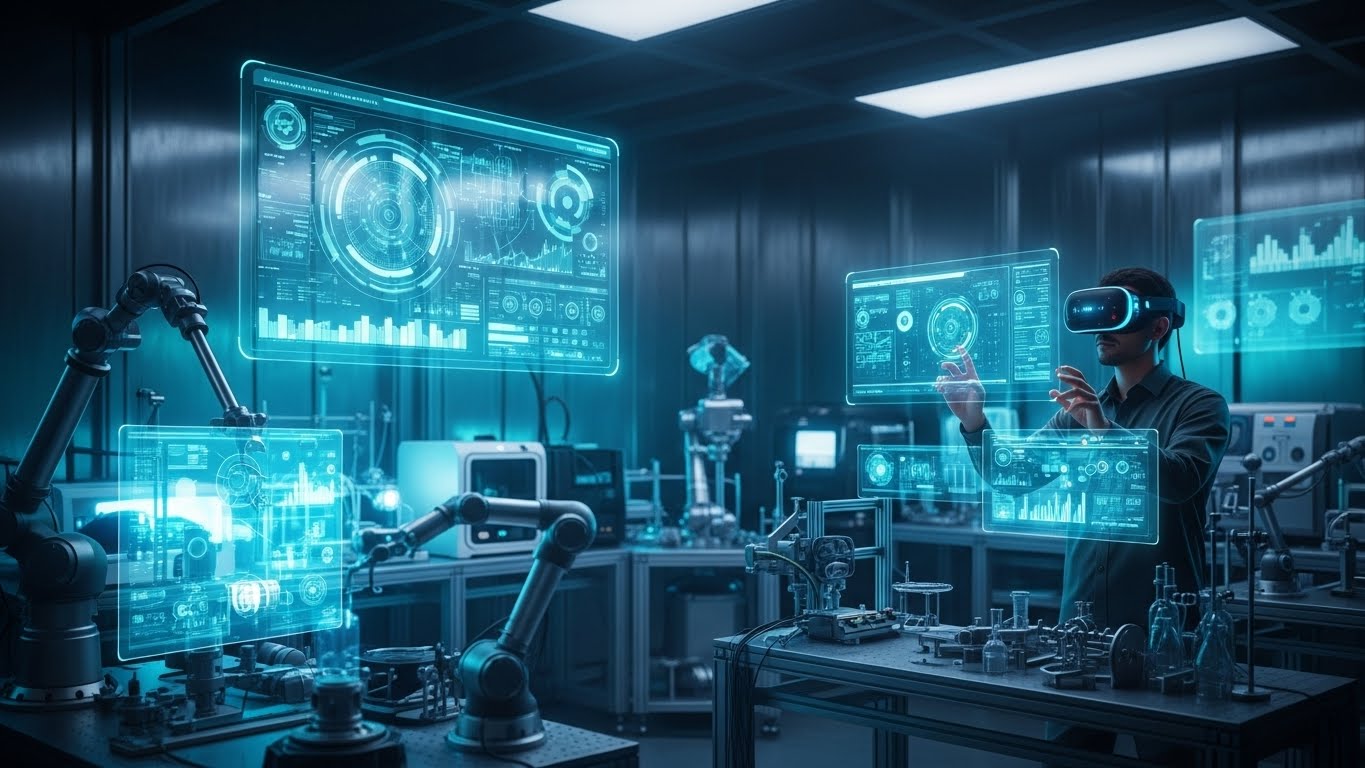+Technology is no longer a mere tool; it is the backbone of human progress and the catalyst of modern civilization. From the invention of the wheel to the development of quantum computers, technology has always redefined the boundaries of possibility. In today’s world, technology infiltrates every aspect of life, influencing communication, healthcare, transportation, education, and entertainment. Understanding its evolution, impact, and future prospects is essential for both individuals and organizations striving to stay relevant in an increasingly digital age.
The Evolution of Technology
The history of technology is a story of human ingenuity and adaptability. Early humans relied on basic tools made from stone, wood, and bone to hunt, build, and survive. The discovery of fire marked a monumental leap, allowing humans to cook food, protect themselves, and establish social structures. Over centuries, inventions such as the printing press, steam engine, and telephone revolutionized society, transforming communication, industry, and education.
The 20th century brought an unprecedented acceleration in technological progress. The invention of computers, the internet, and mobile devices created a digital ecosystem that reshaped the way people interact with the world. Technology evolved from a supportive role to a transformative force, influencing almost every sector of society. The rise of artificial intelligence and machine learning signifies the beginning of a new era where machines not only perform tasks but also learn, predict, and innovate.
The Role of Artificial Intelligence
Artificial intelligence (AI) has become the cornerstone of modern technology. It is no longer confined to science fiction; AI drives real-world applications that impact daily life. AI systems can process vast amounts of data, recognize patterns, and make predictions with remarkable accuracy. Industries such as healthcare, finance, and retail benefit from AI-powered solutions that enhance efficiency, reduce costs, and improve decision-making.
In healthcare, AI algorithms analyze medical images, predict disease outbreaks, and assist in drug discovery. In finance, AI automates trading, detects fraud, and optimizes investment strategies. AI also personalizes online experiences, powering recommendation systems on streaming platforms and e-commerce sites. However, the rise of AI brings ethical challenges, including data privacy, algorithmic bias, and the potential displacement of jobs. Addressing these concerns is critical to ensuring AI benefits society responsibly.
Cloud Computing: Transforming the Digital Infrastructure
Cloud computing has redefined how organizations manage data and deploy applications. Unlike traditional IT systems that rely on local servers, cloud computing allows businesses to store and process data on remote servers accessible via the internet. This approach offers scalability, flexibility, and cost efficiency, enabling companies to focus on innovation rather than infrastructure management.
Major cloud services provide solutions ranging from software as a service (SaaS) to platform as a service (PaaS) and infrastructure as a service (IaaS). Businesses can now launch applications globally, collaborate seamlessly, and respond rapidly to market demands. Cloud computing also facilitates the adoption of advanced technologies such as AI, big data analytics, and the Internet of Things (IoT), further accelerating digital transformation.
The Internet of Things: Connecting the World
The Internet of Things (IoT) represents a network of interconnected devices that communicate and exchange data. IoT devices range from smart home appliances and wearable fitness trackers to industrial sensors and autonomous vehicles. By collecting and analyzing real-time data, IoT enables smarter decision-making, increased efficiency, and enhanced convenience.
In healthcare, IoT devices monitor patient vitals and enable remote care, reducing the burden on hospitals. In agriculture, sensors optimize irrigation and monitor soil health, improving crop yields. Smart cities leverage IoT to manage traffic, reduce energy consumption, and enhance public safety. Despite its benefits, IoT poses security risks, as interconnected devices are vulnerable to cyberattacks, necessitating robust cybersecurity measures.
Cybersecurity in the Digital Age
As technology permeates every facet of life, cybersecurity has become a critical concern. Cyberattacks, data breaches, and ransomware incidents threaten individuals, businesses, and governments alike. Cybersecurity involves protecting systems, networks, and data from unauthorized access, ensuring confidentiality, integrity, and availability.
Organizations adopt strategies such as multi-factor authentication, encryption, and intrusion detection systems to safeguard digital assets. Cybersecurity also requires cultivating awareness among users, as human error remains a leading cause of security breaches. With the rise of AI and IoT, cybersecurity is evolving into a dynamic field that demands constant innovation and vigilance.
Blockchain Technology: Beyond Cryptocurrency
Blockchain technology is often associated with cryptocurrencies like Bitcoin, but its potential extends far beyond digital currencies. Blockchain is a decentralized, immutable ledger that records transactions securely and transparently. This technology eliminates the need for intermediaries, reduces fraud, and enhances trust in digital transactions.
Blockchain applications span finance, supply chain management, healthcare, and voting systems. In supply chains, blockchain tracks the movement of goods, ensuring authenticity and reducing counterfeiting. In healthcare, patient records can be securely shared among providers, improving care coordination. As blockchain adoption grows, it promises to redefine trust and transparency in digital ecosystems.
Emerging Technologies Shaping the Future
The pace of technological innovation shows no signs of slowing. Emerging technologies are set to redefine industries and everyday life. Quantum computing, for instance, leverages quantum mechanics to perform calculations exponentially faster than classical computers. This technology could revolutionize fields such as cryptography, drug discovery, and climate modeling.
Augmented reality (AR) and virtual reality (VR) are transforming entertainment, education, and training. AR overlays digital information onto the physical world, while VR immerses users in entirely virtual environments. These technologies enhance learning experiences, simulate real-world scenarios, and create novel forms of entertainment.
Biotechnology and genetic engineering are another frontier of technological advancement. CRISPR and other gene-editing tools enable precise modifications to DNA, offering potential cures for genetic diseases, improved agricultural practices, and sustainable solutions to global challenges.
The Impact of Technology on Society
Technology has profoundly influenced human society, shaping how people communicate, work, and live. Social media platforms connect billions of individuals, enabling the rapid exchange of information and ideas. Remote work technologies have redefined traditional office dynamics, allowing greater flexibility and work-life balance. E-commerce platforms have transformed retail, providing convenience and global market access.
However, technology also poses societal challenges. The digital divide creates disparities in access to information and opportunities. Privacy concerns arise as personal data is collected, stored, and analyzed by corporations and governments. The ethical implications of AI, genetic engineering, and autonomous systems spark debates on responsibility, accountability, and human values.
Education and Technology: A Symbiotic Relationship
Education has been transformed by technology, creating new avenues for learning and skill development. Online courses, virtual classrooms, and educational apps provide access to knowledge beyond geographical boundaries. Interactive tools, simulations, and AI tutors enhance engagement and personalize learning experiences.
Technology also equips educators with data-driven insights to improve teaching strategies and assess student performance. In higher education and professional training, emerging technologies prepare individuals for careers in AI, cybersecurity, data science, and other high-demand fields. The integration of technology in education fosters lifelong learning, adaptability, and digital literacy.
The Future of Work in a Technological World
The future of work is intricately linked to technological advancements. Automation, AI, and robotics are transforming industries, reducing repetitive tasks, and creating opportunities for high-skilled jobs. While some jobs may become obsolete, new roles in technology development, data analysis, and digital services are emerging.
Organizations must invest in reskilling and upskilling employees to remain competitive. Workers need adaptability, creativity, and technological proficiency to thrive in a rapidly changing environment. Remote collaboration tools, digital project management platforms, and AI assistants redefine productivity, enabling more efficient and flexible work arrangements.
Sustainability and Green Technology
Technology also plays a pivotal role in addressing environmental challenges. Green technology focuses on sustainable solutions that reduce environmental impact and promote resource efficiency. Renewable energy sources, such as solar, wind, and hydroelectric power, are increasingly integrated into energy systems, reducing reliance on fossil fuels.
Electric vehicles, smart grids, and energy-efficient buildings leverage technology to minimize carbon emissions. Advanced monitoring systems track environmental changes, enabling proactive conservation efforts. By combining innovation with sustainability, technology can help combat climate change and create a more resilient planet.
Ethical Considerations in Technology
As technology advances, ethical considerations become paramount. Issues such as data privacy, AI bias, digital surveillance, and genetic engineering raise questions about the responsible use of technology. Developers, policymakers, and society must collaborate to establish ethical frameworks that prioritize human welfare and fairness.
Transparency, accountability, and inclusivity are essential principles in ethical technology development. Engaging diverse perspectives ensures that technological solutions serve broader societal interests rather than narrow corporate or political agendas. Ethical foresight is crucial to prevent unintended consequences and maintain public trust in technological progress.
Conclusion: Embracing the Technological Future
Technology is an ever-evolving force that shapes the present and future of humanity. From AI and cloud computing to IoT, blockchain, and emerging innovations, technological advancements influence every aspect of life. While challenges such as cybersecurity, ethical dilemmas, and the digital divide exist, the potential benefits of technology are immense.
Embracing technology responsibly requires a balance between innovation, ethical considerations, and societal impact. Individuals, organizations, and governments must collaborate to harness technology for the greater good, ensuring equitable access, sustainability, and human-centered progress. The technological future promises opportunities limited only by imagination, creativity, and the collective will to shape a better world.



